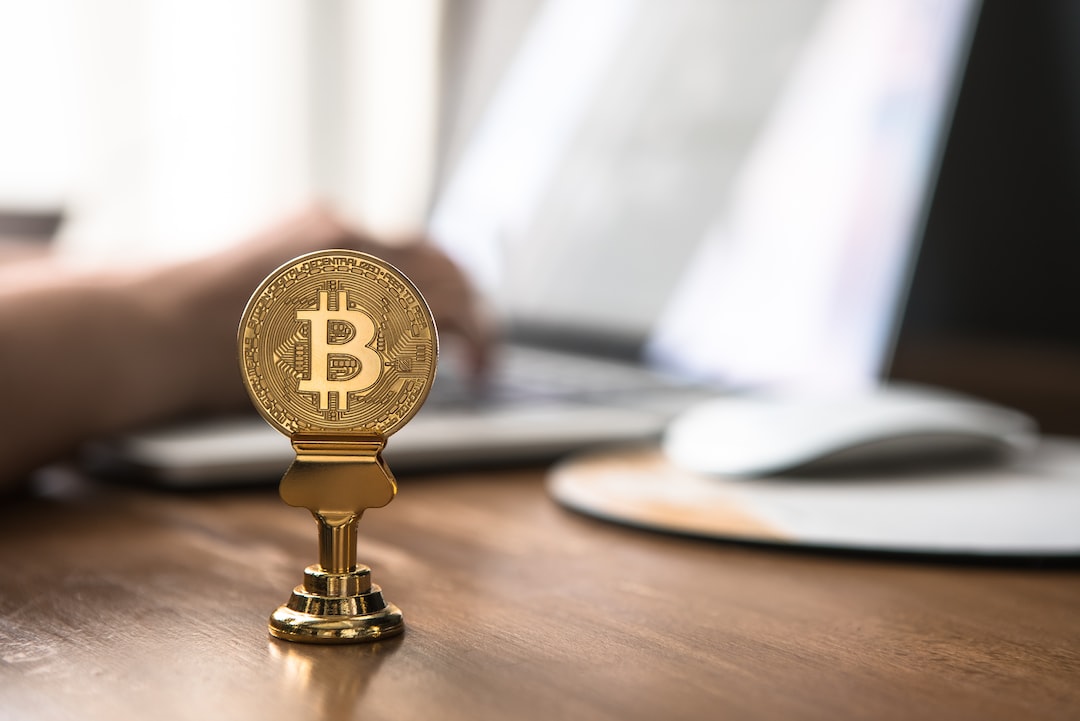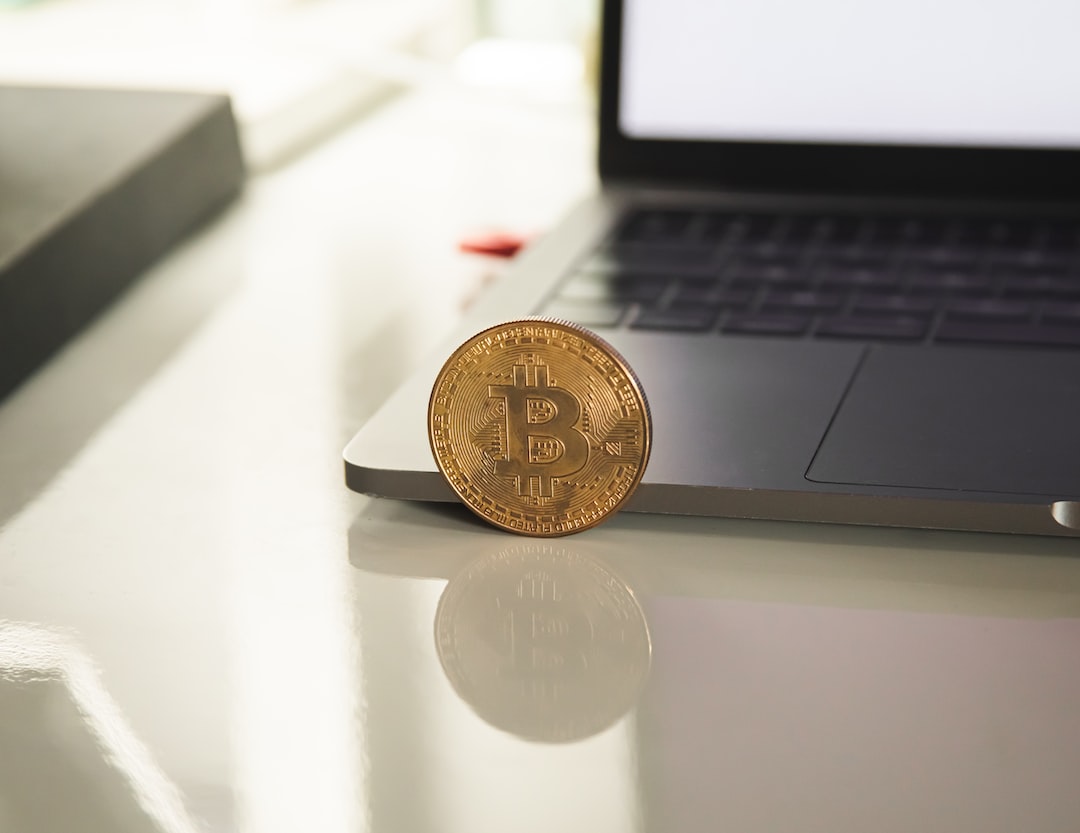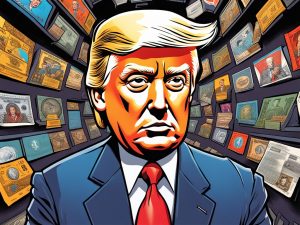U.S. Supreme Court Takes Interest in Elon Musk’s Battle with SEC
The U.S. Supreme Court is closely following Elon Musk’s attempt to invalidate an agreement with the Securities and Exchange Commission (SEC), which could have significant implications for free speech rights of high-profile individuals. The court has also asked the Biden administration to respond to Musk’s appeal, adding complexity to the ongoing clash between the entrepreneur and the regulatory body.
Supreme Court Seeks Regulatory Response on Musk vs. SEC Tussle
The U.S. Supreme Court has requested input from the Biden administration on Elon Musk’s appeal to nullify an SEC agreement that requires pre-screening of his Tesla-related social media posts. Musk argues that this agreement violates his constitutional right to free speech. Solicitor General Elizabeth Prelogar has been directed to respond by January 22, indicating the court’s interest in the case.
From “Funding Secured” Tweet to Constitutional Challenge
Musk’s conflict with the SEC began with a tweet in 2018 where he claimed to have “funding secured” to take Tesla private, leading to a lawsuit from the SEC alleging misinformation. Musk and Tesla settled, agreeing to pay fines and subjecting Musk’s posts to pre-screening. However, Musk is now challenging this arrangement as a violation of his free speech rights.
Musk Criticizes Regulatory Burden on Financial Markets
In addition to his battle with the SEC, Musk has criticized the regulatory burden on U.S. financial markets, particularly the pressures faced by companies like Tesla. He discussed these issues in a conversation with Cathie Wood, highlighting shareholder pressure and the influence of passive investing on market efficiency.
Hot Take: Supreme Court’s Interest Signifies High-Stakes Battle
The U.S. Supreme Court’s interest in Elon Musk’s appeal against the SEC highlights the high-stakes nature of this legal battle. The court’s request for the Biden administration’s response adds another layer of complexity to the case. If Musk succeeds in invalidating the SEC agreement, it could redefine the boundaries of free speech for public figures. This case has broader implications for how high-profile individuals can express themselves on social media while navigating regulatory oversight.





 By
By
 By
By
 By
By
 By
By
 By
By
 By
By